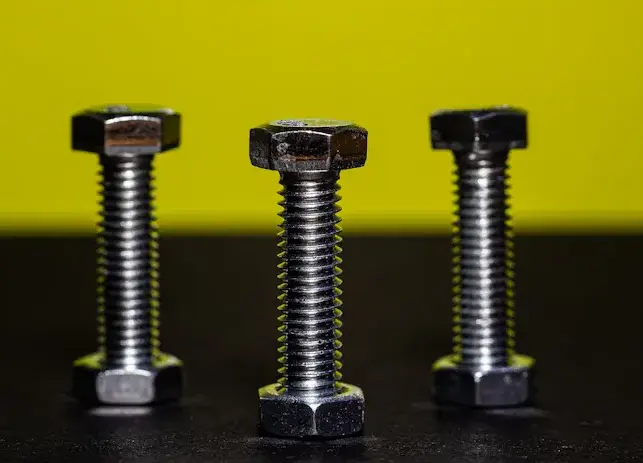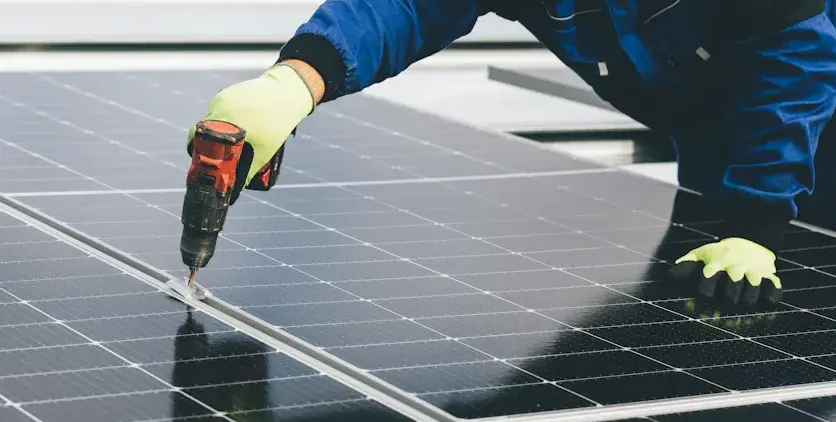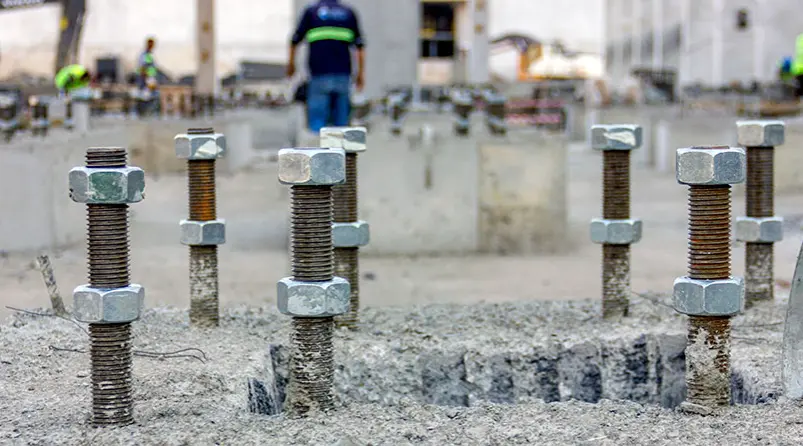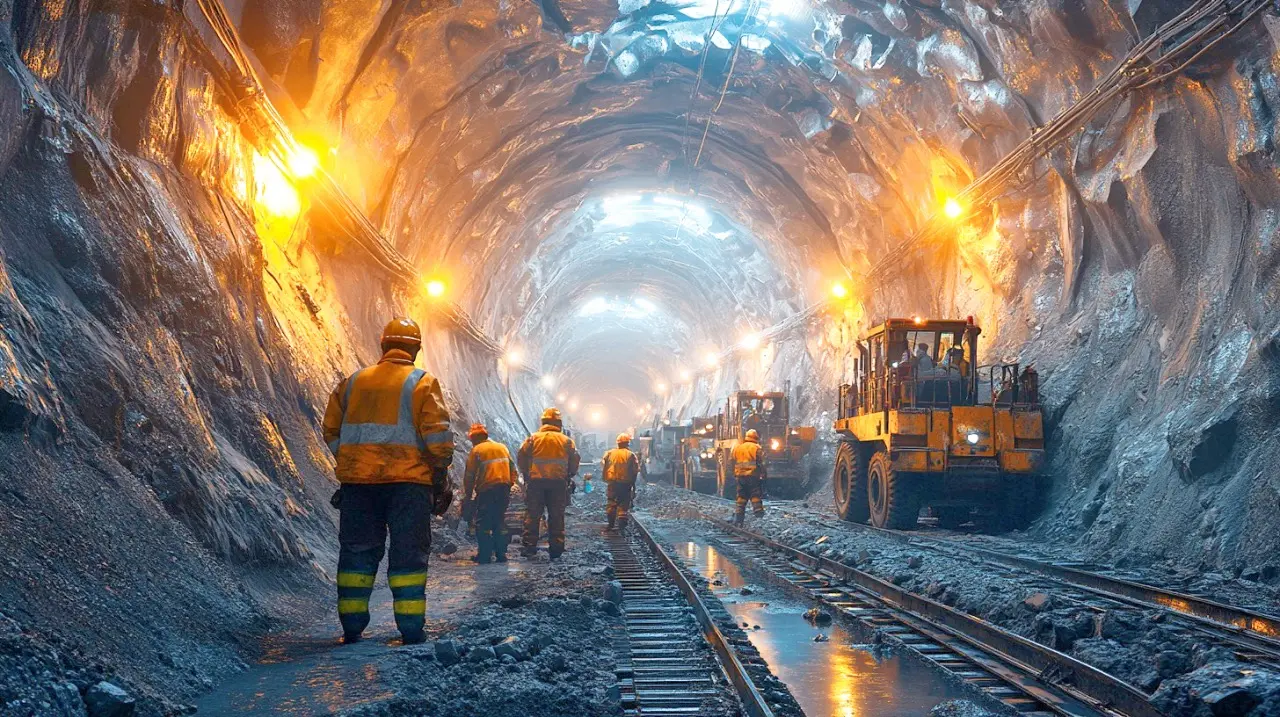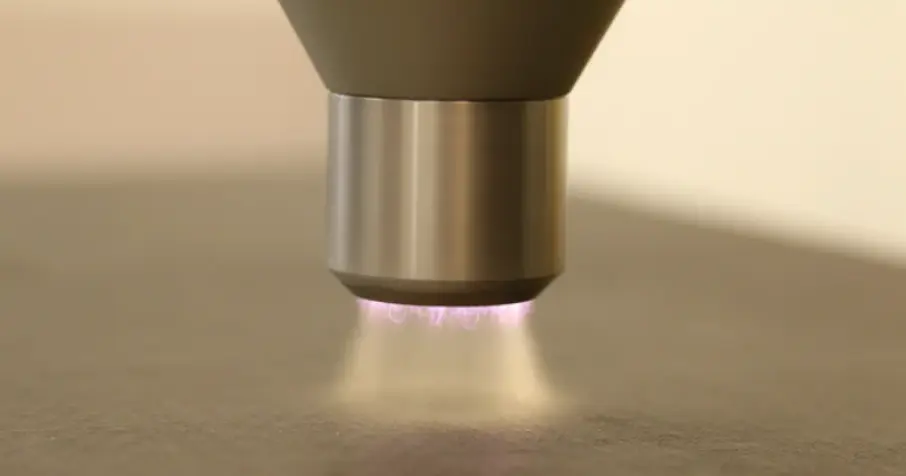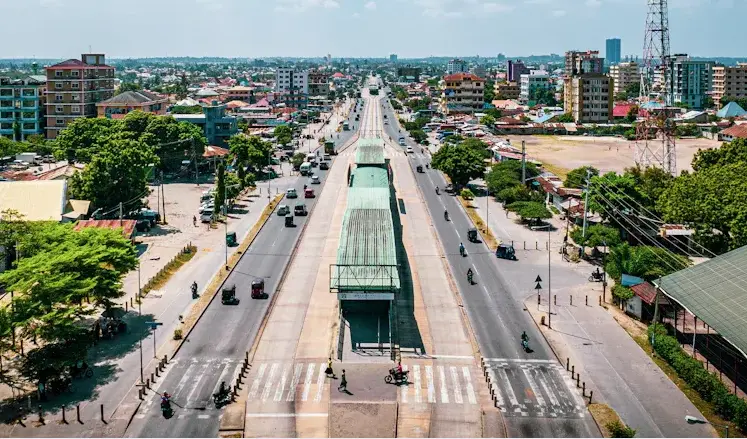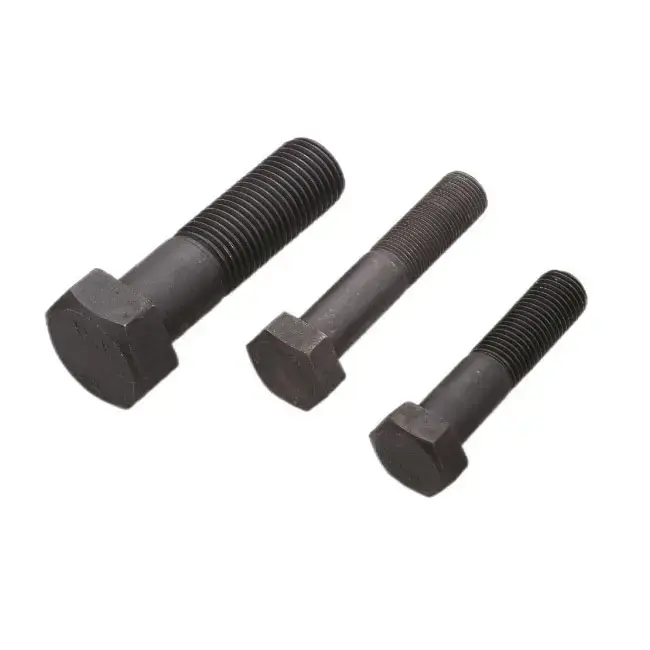What Makes a Fastener Ideal for Tough Construction Environments
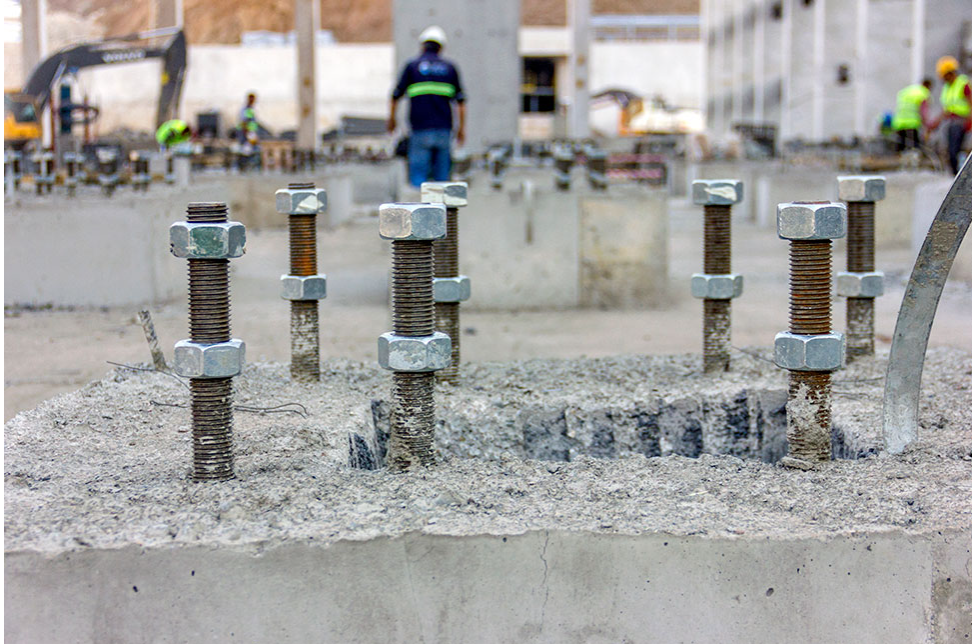
Construction sites often demand fasteners with superior Corrosion Resistance and material strength. Industry reports show that metal fasteners, especially those with industrial coatings, withstand exposure to water, chemicals, and extreme conditions. Coatings enhance durability, helping fasteners meet strict quality standards and maintain reliable performance in harsh environments.
Key Takeaways
- Choose fasteners with strong corrosion resistance and durability to withstand moisture, chemicals, and extreme temperatures on construction sites.
- Use protective coatings or solid corrosion-resistant materials like stainless steel, titanium, or Duplex Stainless Steel based on the environment's severity.
- Prevent galvanic corrosion by selecting compatible metals, using insulating barriers, and performing regular inspections to ensure long-term structural safety.
Construction Challenges in Harsh Environments
Exposure to Moisture and Chemicals
Construction projects often take place in environments where moisture and chemicals are present. These elements accelerate corrosion, especially in fasteners exposed to rain, saltwater, or industrial chemicals. Corrosion weakens bolts, nuts, and screws, leading to potential structural failures and increased maintenance costs. Industry experts highlight that corrosion remains a persistent and costly challenge, particularly in sectors like oil and gas, marine, and infrastructure. Protective coatings such as epoxy, polyurethane, and silane/siloxane treatments have proven effective, often reducing corrosion rates by 50% or more. These coatings extend the lifespan of construction materials and help maintain safety standards.
Extreme Temperatures and Mechanical Stress
Fasteners in construction must withstand both high and low temperatures, as well as repeated mechanical stress. Studies show that temperatures ranging from -40 °C to +350 °C can significantly affect the strength and stiffness of fastener joints. High temperatures degrade the materials around fasteners, while low temperatures can increase their stiffness but may also make them brittle. Mechanical stress, combined with environmental factors like moisture, reduces the fatigue life of joints and can change how they fail. These findings underscore the importance of selecting fasteners that can maintain integrity under both static and dynamic loads.
Risk of Galvanic Corrosion
Galvanic corrosion occurs when two dissimilar metals come into contact in the presence of an electrolyte, such as water. This process can rapidly degrade fasteners, especially when a small fastener acts as the anode. Real-world cases illustrate the risks:
- Bridges and reinforced concrete structures have suffered accelerated corrosion due to dissimilar metals in moist environments.
- Oil and gas pipelines combining carbon steel and stainless steel fittings face severe corrosion risks.
- The Statue of Liberty required major renovations after galvanic corrosion damaged its iron and copper structure.
To prevent galvanic corrosion, construction professionals must select compatible materials, use protective coatings, and install insulating barriers where needed. These strategies protect fasteners and ensure long-term structural safety.
Corrosion-Resistant Fastener Materials and Coatings for Construction
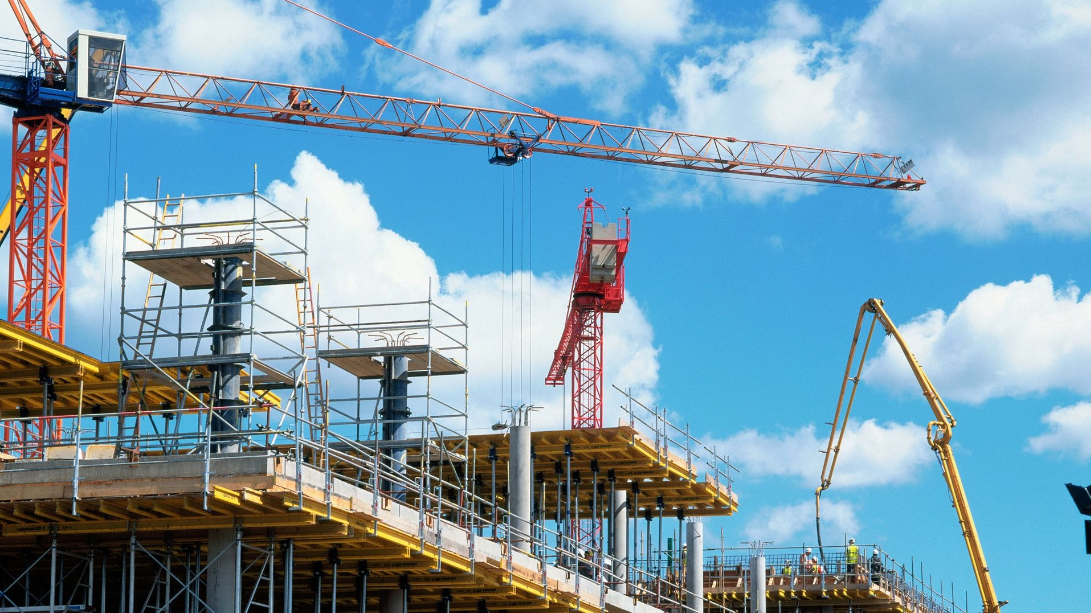
Stainless Steel Fasteners (304, 316)
Stainless steel fasteners remain a top choice for construction projects in harsh environments. Grades 304 and 316 offer excellent resistance to rust and corrosion. Grade 304 works well in most outdoor settings, while grade 316 contains added molybdenum, which boosts its performance in marine and chemical environments. These fasteners maintain their strength and appearance over time, even when exposed to moisture or industrial chemicals. Construction teams often select stainless steel for bridges, coastal buildings, and wastewater facilities because of its proven durability.
Titanium Fasteners
Titanium fasteners provide a unique combination of light weight, high strength, and outstanding corrosion resistance. Technical studies show that titanium fasteners withstand higher stress levels for more cycles before failure compared to steel. This superior fatigue resistance makes titanium ideal for applications with repeated loading, such as in aerospace and automotive industries.
- In a clinical study of 21 hardware removal cases, titanium and stainless steel screws showed similar failure rates, with no significant statistical difference.
- Titanium’s advantages include corrosion resistance, high fatigue strength, and thermal stability, which contribute to its long-term durability.
Construction projects in highly corrosive environments, such as chemical plants or offshore platforms, benefit from titanium fasteners despite their higher cost.
Duplex and Super Duplex Stainless Steel
Duplex and super duplex stainless steels combine ferrite and austenite phases, resulting in high strength and excellent corrosion resistance. These materials suit aggressive construction environments, especially where chloride-induced corrosion poses a risk. The following table compares duplex and super duplex stainless steel fasteners:
| Aspect | Duplex Stainless Steel | Super Duplex Stainless Steel |
|---|---|---|
| Microstructure | Balanced ferrite and austenite phases | Balanced ferrite and austenite phases |
| Alloying Elements | Moderate chromium, molybdenum, nitrogen | Higher chromium, molybdenum, nitrogen |
| PREN (Pitting Resistance Equivalent Number) | Lower, but significant corrosion resistance | Higher (up to 53), superior pitting/crevice resistance |
| Corrosion Resistance | Good resistance to pitting and crevice corrosion | Enhanced corrosion resistance |
| Mechanical Properties | High strength and toughness | Higher strength and toughness |
| Fabrication Challenges | Easier welding and heat treatment | More sensitive to welding and heat treatment |
| Longevity Implication | Long service life in aggressive environments | Longer service life due to superior properties |
Super duplex stainless steel fasteners outperform duplex fasteners in both corrosion resistance and mechanical strength, making them suitable for the most demanding construction conditions.
Specialty Alloys (Inconel, Monel, Zirconium, Silicon Bronze, Aluminum)
Specialty alloys address unique construction challenges. Inconel and Monel resist extreme heat and aggressive chemicals, making them valuable in power plants and chemical processing facilities. Zirconium fasteners excel in highly acidic environments. Silicon bronze offers good corrosion resistance and electrical conductivity, often used in marine construction and electrical applications. Aluminum fasteners provide a lightweight option with moderate corrosion resistance, suitable for less demanding outdoor projects. Each alloy brings specific benefits, allowing engineers to match fastener properties to project requirements.
Protective Coatings and Treatments (Hot-Dip Galvanizing, Zinc Plating, Ceramic Coatings)
Protective coatings extend the life of standard fasteners in construction. Hot-dip galvanizing creates a thick, durable zinc layer that shields steel from rust and weather. Zinc plating offers moderate protection for light exterior use. Ceramic coatings and advanced finishes like zinc flake or vinyl coatings provide superior resistance in high-corrosion zones, such as coastal or industrial sites. ASTM B117 salt spray testing helps compare the effectiveness of these coatings. Construction professionals select coatings based on exposure to moisture, chemicals, and temperature extremes.
When to Use Coated vs. Solid Materials
Choosing between coated fasteners and solid corrosion-resistant materials depends on environmental conditions and project needs:
- Use galvanic corrosion charts to select compatible fasteners and base metals.
- Avoid high-risk pairings, such as aluminum with steel, in moist or salty environments.
- Install insulating materials like rubber washers when dissimilar metals must be used.
- Choose coated fasteners for moderate corrosion risks, but remember that coatings can be damaged.
- Select solid materials like titanium or stainless steel for highly corrosive environments where coatings may fail.
- Schedule regular maintenance and inspections to catch early signs of corrosion.
- Consult with fastener experts for advice tailored to specific construction projects.
Coated fasteners offer a cost-effective solution for moderate risks, while solid materials provide maximum protection in extreme conditions.
Pros and Cons of Each Material
Tip: Always match fastener material and coating to the specific construction environment for best results.
| Material/Coating | Pros | Cons |
|---|---|---|
| Stainless Steel (304/316) | Excellent corrosion resistance, widely available | Higher cost than standard steel |
| Titanium | Lightweight, high strength, superior fatigue life | Expensive, limited availability |
| Duplex/Super Duplex | High strength, superior corrosion resistance | More difficult to fabricate, higher cost |
| Inconel/Monel | Extreme heat/chemical resistance | Very expensive, specialized use |
| Silicon Bronze | Good marine/electrical properties | Lower strength, higher cost |
| Aluminum | Lightweight, easy to install | Lower strength, moderate corrosion resistance |
| Hot-Dip Galvanizing | Thick, durable protection, cost-effective | Can be damaged, not suitable for all environments |
| Zinc Plating | Moderate protection, low cost | Limited durability in harsh conditions |
| Ceramic Coatings | Superior corrosion resistance, chemical stability | Higher cost, specialized application |
Construction teams should weigh these factors to select the most suitable fastener for each application, ensuring long-term safety and performance.
Practical Construction Fastener Selection Guide
Assessing Environmental and Mechanical Factors
Engineers evaluate both environmental and mechanical factors before selecting fasteners. They consider loading conditions, such as static or dynamic forces, and the strength and corrosion resistance of materials. Environmental factors like moisture, temperature, and exposure to chemicals influence fastener choice. Industry standards, including ASTM, ISO, and EN, set requirements for strength, durability, and corrosion resistance. Life cycle assessment studies show that material selection and coatings impact both performance and environmental footprint. Automation in joining processes can reduce emissions and improve consistency.
Tip: Always match fastener length, diameter, and thread type to the material and required load capacity.
Avoiding Galvanic Corrosion
Galvanic corrosion can weaken fasteners when dissimilar metals contact each other in the presence of moisture. To prevent this, professionals select metals close together in the galvanic series and avoid high potential differences. They use insulating washers or coatings to separate metals and design joints for easy maintenance. In marine and industrial settings, sacrificial anodes or dielectric barriers often protect steel components.
Ensuring Material Compatibility
Material compatibility between fasteners and construction components is essential for long-term reliability. ASTM standards define chemical and mechanical properties, ensuring quality and safety. Specifying ASTM-compliant fasteners and verifying certifications help prevent corrosion and failure. Proper surface preparation and correct assembly techniques, such as applying the right torque and alignment, further enhance joint strength.
Maintenance and Inspection Tips
Regular inspection and maintenance extend fastener life. Teams should check for signs of corrosion, damaged coatings, or loose connections. Replacing worn or incompatible fasteners prevents structural issues. Keeping detailed records of fastener types and maintenance schedules supports ongoing safety in construction projects.
Selecting the right fastener depends on four main factors: material composition, protective coatings, compatibility, and proven durability. Project teams should match fastener properties to environmental and mechanical demands. > For best results, consult experts or trusted suppliers to ensure safety and long-term performance.
FAQ
What fastener material works best for coastal construction?
Stainless steel 316 offers the best corrosion resistance in coastal environments. It withstands saltwater exposure and maintains strength over time.
How often should construction teams inspect fasteners?
Teams should inspect fasteners at least once a year. High-risk environments may require more frequent checks to ensure safety and performance.
Can coated fasteners replace solid corrosion-resistant materials?
Coated fasteners work well in moderate environments. Solid materials like titanium or duplex stainless steel provide better protection in highly corrosive conditions.


